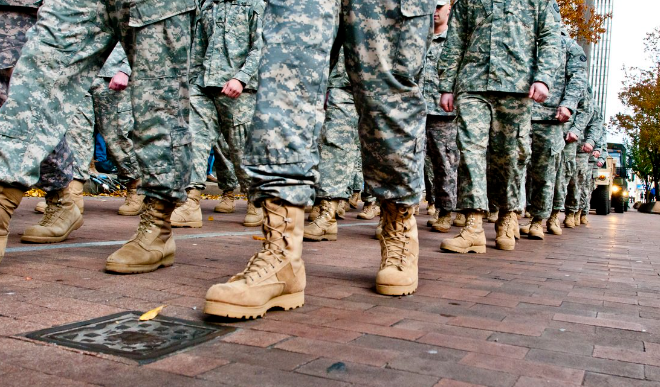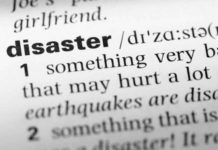President Joe Biden’s lenient immigration policies have led to an enduring border crisis spanning over a period of more than two years. During this time, a significant number of immigrants have unlawfully entered the United States. Recently, the President has taken action by authorizing the deployment of an additional 800 military personnel to the border. Their primary role will be to support logistical operations and various functions, thereby enabling Customs and Border Protection (CBP) agents and officers to refocus on their fundamental duties and responsibilities. This decision was announced by the President on September 20th.
At present, there are 2,500 National Guard members from various states stationed at the border, providing essential support to Customs and Border Protection (CBP). Additionally, there are 2,600 non-uniformed officers, along with a significant contingent of 24,000 CBP officers and agents stationed along the southwestern frontier.
The Department of Homeland Security (DHS) has also made announcements regarding intensified enforcement measures at the border. Notably, the administration has expedited the processing of work authorization applications, a measure that has been fervently advocated for by Democratic state and city leaders. Currently, individuals awaiting their immigration proceedings within the country are not granted permission to work, resulting in their reliance on government support and charitable assistance for their housing and sustenance needs. This situation is exerting considerable strain on cities across the nation, particularly as we approach the winter season.
The Department of Homeland Security (DHS) has introduced a measure that permits individuals from Venezuela to apply for Temporary Protected Status (TPS), an immigration program designed to grant legal residence and work authorization to migrants from specific nations. Typically, TPS is extended to countries facing natural disasters or other circumstances leading to mass migration.
Venezuela is grappling with severe food shortages and escalating violence due to the governance of a socialist authoritarian regime. In a pattern similar to that seen with Cuba, migrants from this South American nation are seeking refuge in the United States to escape the dire conditions.
President Biden has faced substantial criticism from Republicans for his perceived mishandling of border issues. More recently, even some Democrats have expressed their concerns. It remains uncertain whether these latest actions will be sufficient to appease either side of the political spectrum.




